5 Things That Actually Affect Your Sleep, According to Dr. Oz
Here's something you probably never thought you'd hear from a doctor: Caffeine probably isn't affecting your zzz's. Yes, really.
"Up to four cups of coffee a day doesn't seem to impact your sleep," Mehmet Oz, MD, told the crowd at a presentation by the Global Wellness Institute in New York City yesterday. (Anyone else going in for a second cup of joe?)
The surgeon-professor-television host teamed up with medical device maker ResMed for "The Great American Sleep Survey," with 20,000 people self-reporting their daily dreamtime details. (And yes, the participants' experiences contradict a lot of other research indicating that caffeine can hurt the quality and amount of sleep you're getting.)
"Up to four cups of coffee a day doesn't seem to impact your sleep."
Another shocker? According to the findings of the study, alcohol isn't taking away from your snoozing, either. "If you drink alcohol, it actually helps your sleep," he says."This is contrary to everything I've ever taught in medical school and what I've said on the show. Interestingly, it seems that one to two drinks a day doesn't detract from your rest."
So how's the country doing overall? It turns out that a large number of Americans aren't getting a good sleep score. "The average sleep score in the U.S. is 77 out of 100," notes Dr. Oz. "Thirty percent have a score of 55 or less—which is flunking. That means a third of the country is sleeping poorly."
Oh, and here's a fun fact: Election Night was the worst night of sleep recorded, he says. Not so surprising.
Keep reading to learn what really matters when you hit the hay, according to Dr. Oz's study.
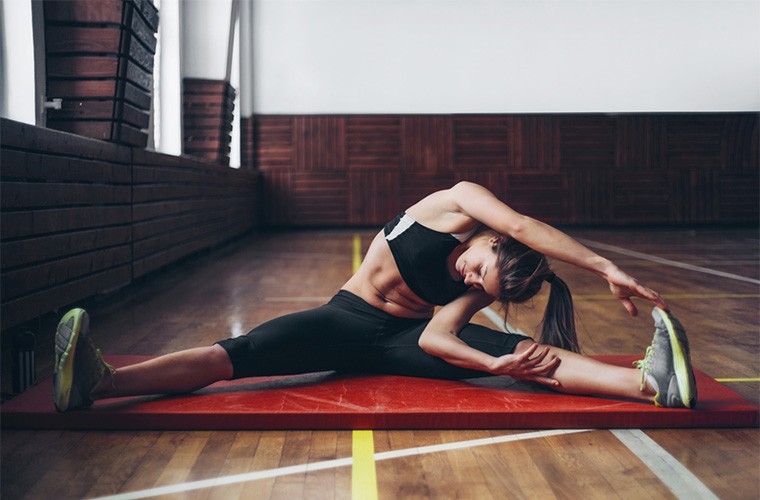
1. Exercise
There's no need to stress if you can't make it to that hourlong HIIT class each day. "All exercise is good for sleep," says Dr. Oz. "Interestingly, you only need about half an hour—more than that doesn't really benefit your sleep." For some at-home workout ideas if you're short on time, these are the online workout videos from boutique fitness studios worth streaming.
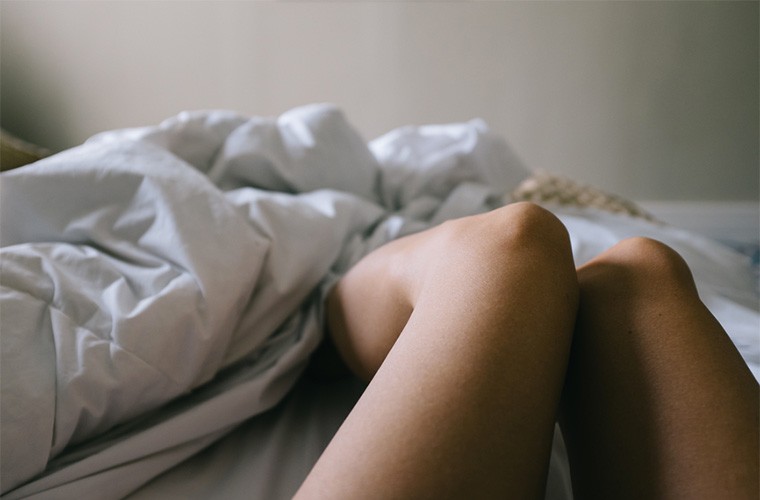
2. What you sleep on
"Your mattress makes a big difference—20 minutes on average," says Dr. Oz. "It's a $15 billion industry for a reason." So when you play Goldilocks to find the perfect one, make sure it's suitable for you.
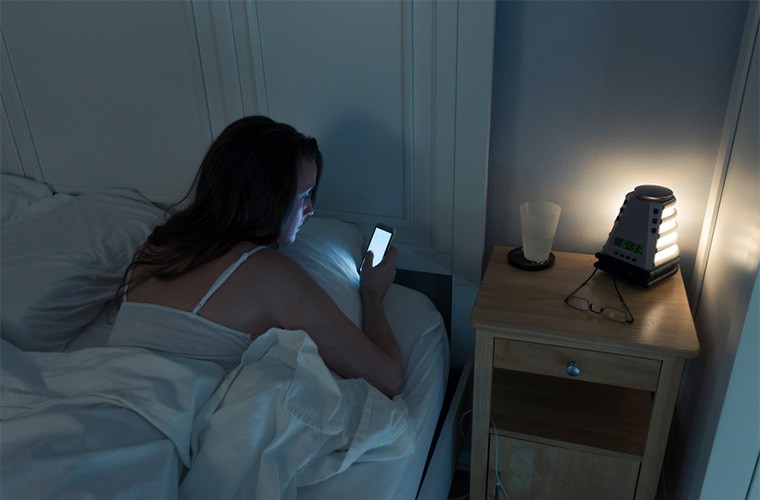
3. Light
"Digital LED lights dramatically change how you sleep," Dr. Oz says. And a pro tip for waking up in the morning, even if you have jet lag? Look outside, first thing. "Jet lag is significantly improved if you see daylight."
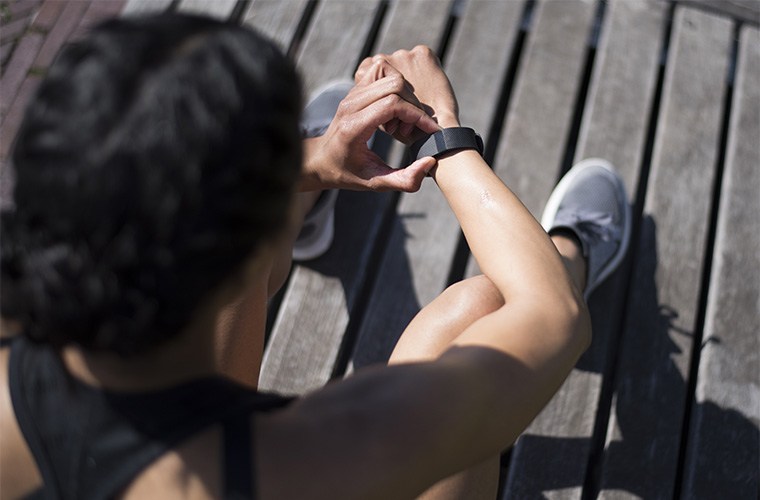
4. Trackers
These gadgets are starting to cover all bases, from fitness to meditation—which is a good thing, according to Dr. Oz's study. Simply tracking your sleep tends to increase the number of hours you get a night, and "just being conscious about it has led to better rest," Dr. Oz says.
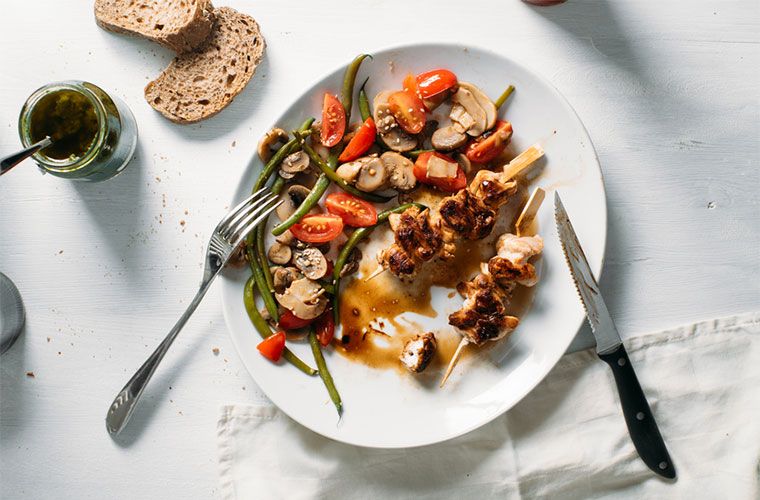
5. When you eat
Of course, Dr. Oz points out that breakfast is an important meal. But the time span of when you eat throughout the day matters. "Americans eat about 19 hours a day," he says. "There are only five hours during which we don't eat at all. That absolutely matters."

{{post.sponsorText}}
How? Eating late increases the number of hormones that increase inflammation when the body is trying to rest, he says. "When you eat late at night, your mind is saying it's bedtime but your stomach and intestines will wake up and have to work," explains Dr. Oz. "This leads you to eat more, as you don't feel satiated." He suggests eating dinner closer to bedtime (within three hours) so your body can be ready to truly sleep.
Sometimes, life happens and you can't eat that early before bed—here are the four rules to follow if you're eating a late-night meal. And these are eight superfoods for better sleep.
Loading More Posts...